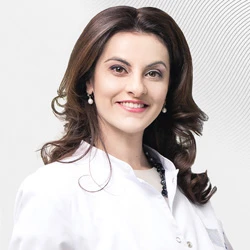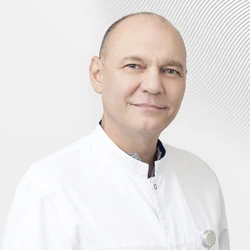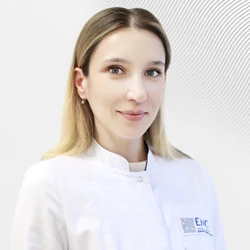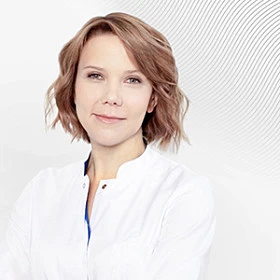Cold weather has come to Russia, and such an important human organ as the skin requires additional care and attention!
Despite the fact that all parts of the body are protected from low temperatures in winter, the legs require more careful and consistent care.
The feet are covered with the thickest layer of skin and are subjected to intense physical activity every day. The blood supply and nutrition of thickened skin is very difficult, it retains moisture poorly, dries up intensively, flakes off, and cracks form on it. All this creates the possibility of pathogenic microorganisms penetrating into the deep layers of the skin and contributes to the development of severe chronic diseases such as eczema, psoriasis, and mycosis of the feet.
Sweating of the feet is a common problem in the cold season. The skin of the feet is devoid of sebaceous glands, but it is abundantly supplied with sweat glands. In winter, outdoor shoes are warm enough, and in a hot room it is not always possible to change shoes. There is a "thermos" effect. The skin of the feet responds with excessive perspiration, increasing the risk of skin infections. Proper care and specialized cosmetics will help solve this problem.
The main condition for rational foot care is the choice of comfortable shoes. Since the toes of the feet suffer when walking, there is a high risk of ingrown toenails, complete or partial detachment of the nail plate from the bed with a violation of proper growth for life. Improperly chosen shoes and physical exertion when walking lead to thickening of the skin, up to the formation of corns and corns.
The Podology department, located at the clinic of the European Medical Center in Spiridonyevsky Lane, offers specialized care and treatment procedures for all skin and nail plate problems of the feet. Doctors – certified dermatologists, mycologists, high-level professionals - perform podological manipulations of any complexity.
If necessary, specialists of a related profile will be involved in the patient's problem: orthopedists, surgeons, endocrinologists, diabetologists.
Was this information helpful?
Questions and answers
Ask a Question
.webp)







.webp)
.webp)
.webp)







